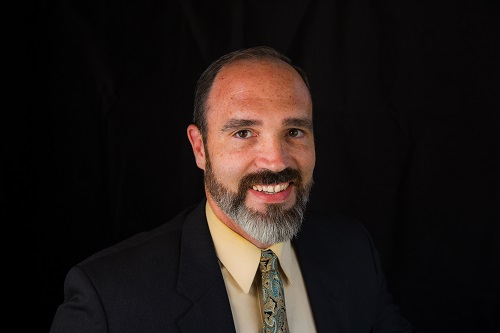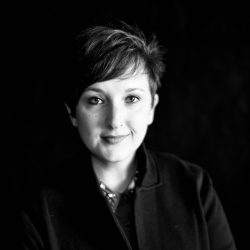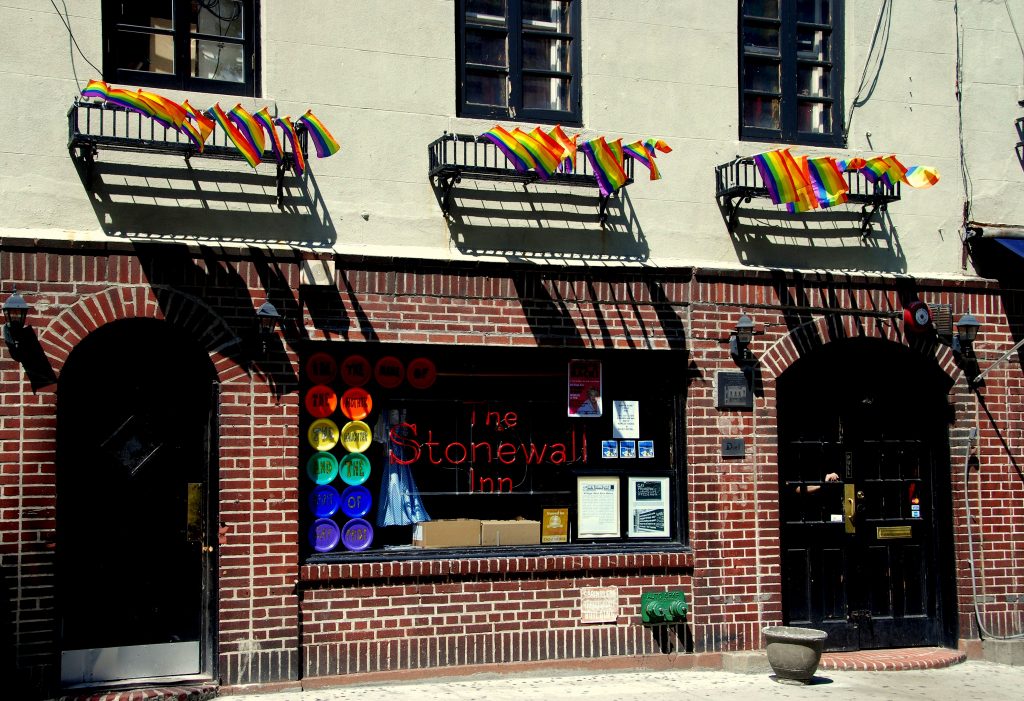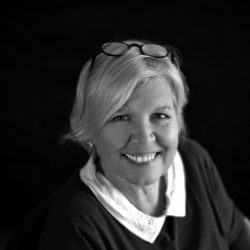Women & The Nobel Economics Prize
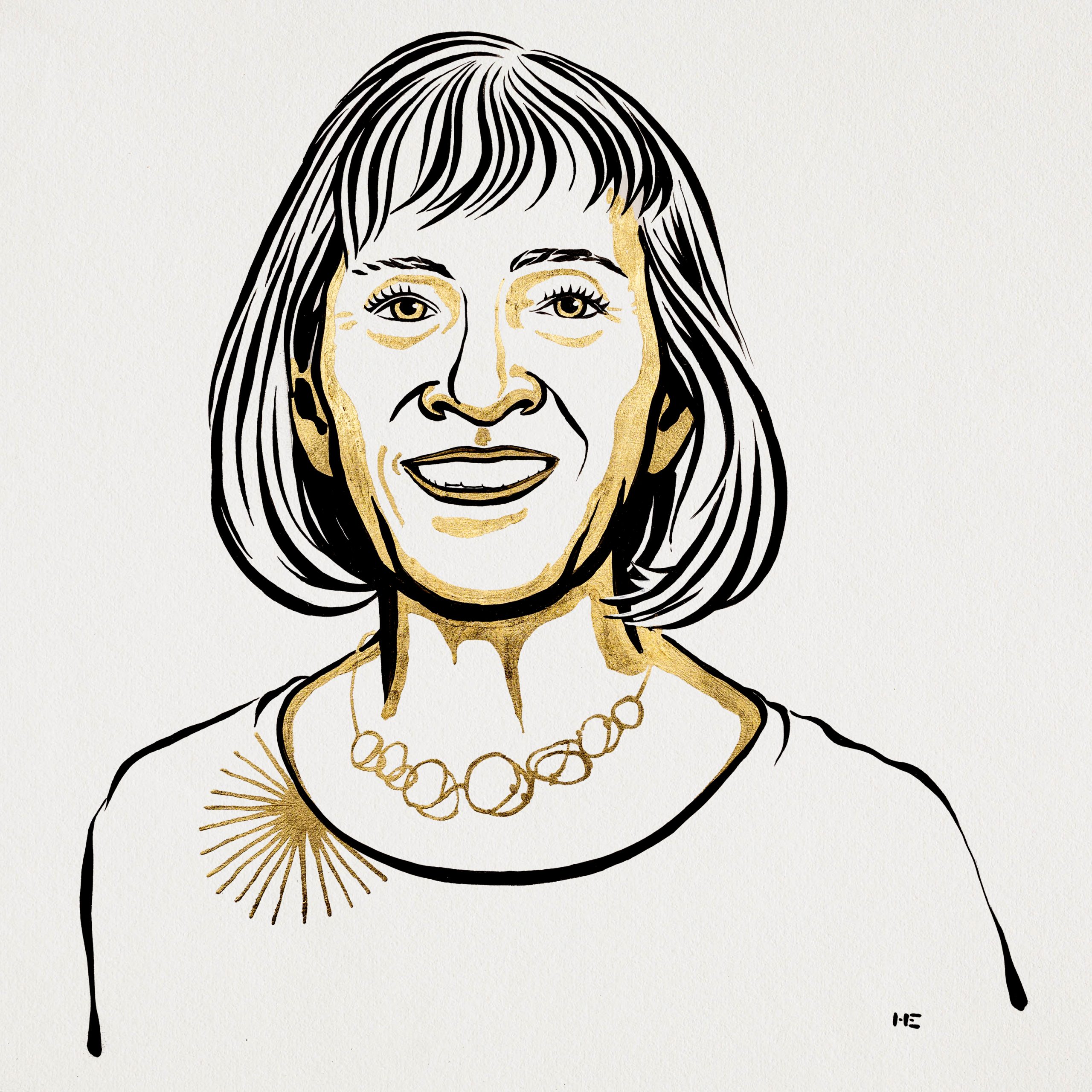
Credit: Ill. Niklas Elmehed © Nobel Prize Outreach This use is strictly editorial. This permission is free of charge, according to https://nobelprize.qbank.se/mb/?h=f142eee16bc09dd5247dd753fd9ef889
On Oct. 9, 2023, the Nobel Memorial Prize in Economic Sciences was awarded to Claudia Goldin, PhD, the first woman to be awarded the prize solo and the first woman offered tenure by Harvard’s economics department. Dr. Goldin’s work has been centered around documenting and understanding the history of women’s labor force participation and the gender wage gap. Her work has important implications for labor market, educational and social welfare policies.
Dr. Goldin’s work is not confined to understanding disparities, but extends to correcting them. Across academia men economics majors outnumber women at an alarming rate. In an IMF podcast Dr. Goldin observed: “Men think economics is about finance so they take economics. Women think economics is about finance, so they don’t take economics. Women believe economics is not about people, that psychology is about people, which is what many women end up majoring in. We have to do better in teaching them that economics is about people.” Dr. Goldin was the principal investigator in a the Undergraduate Women in Economics Challenge, which was an experiment that incentivized colleges and universities to implement creative interventions to improve the popularity of majoring in economics to women.
Cheryl Carleton, PhD, Associate Professor, Economics, who teaches Women in Economics ECO 3118, noted that Villanova is working to “increase diversity overall, which includes women.” According to the Federal Reserve, 7% of white men and 6.4% of underrepresented men major in economics at Villanova University, whereas only 2.5% of white and underrepresented women major in economics. At Villanova, significant gains have been made by hiring more diverse faculty who bring “new methodologies, which appeals to a broader audience, including women.”
Dr. Carleton noted that Mary Kelly, PhD, Associate Chair, Economics, has been active in promoting a diverse range of events and speakers to appeal to a broader range of students. The most recent Economics Department newsletter documents these efforts. Carlton trusts these initiatives “inspires [women & underrepresented students] to take some economics courses and thus they are more able to use the tools of economics throughout whatever career path they choose.”
Below is sample of the books Goldin’s authored, co-authored and edited in our collection:
- Urban Slavery in the American South, 1820-1860: A Quantitative History. University of Chicago Press, 1976.
- Understanding the Gender Gap: An Economic History of American Women. Oxford University Press, 1990.
- The Regulated Economy: A Historical Approach to Political Economy. University of Chicago Press, 1994.
- The Defining Moment: The Great Depression and the American Economy in the Twentieth Century. University of Chicago Press, 1998.
- Corruption and Reform: Lessons from America’s Economic History. University of Chicago Press, 2006.
- The Race Between Education and Technology. Belknap Press of Harvard University Press, 2008.
- Women Working Longer: Increased Employment at Older Ages. The University of Chicago Press, 2018.
- Career and Family: Women’s Century-long Journey Toward Equity. Princeton University Press, 2021.
Many of Dr. Goldin’s papers are published in the most prestigious economics journals. The breadth of her research is thrilling. You can browse the papers on EconLit here.
Finally, Dr. Goldin’s devotion to a rigorous scientific method is expressed via the many datasets she collected and made accessible for replication and further uses via the Inter-University Consortium for Political and Social Research.
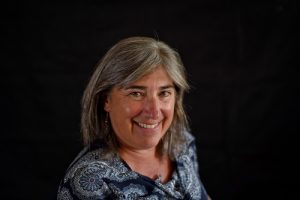 Linda Hauck, MLS, MBA is Business Librarian at Falvey Library.
Linda Hauck, MLS, MBA is Business Librarian at Falvey Library.

 Darren G. Poley is Associate Director of Research Services and Scholarly Engagement, and Theology, Humanities, and Classical Studies Librarian at Falvey Memorial Library. You can access these encyclopedias and other online reference tools from the
Darren G. Poley is Associate Director of Research Services and Scholarly Engagement, and Theology, Humanities, and Classical Studies Librarian at Falvey Memorial Library. You can access these encyclopedias and other online reference tools from the 

